Do you know what chemical kinetics is?
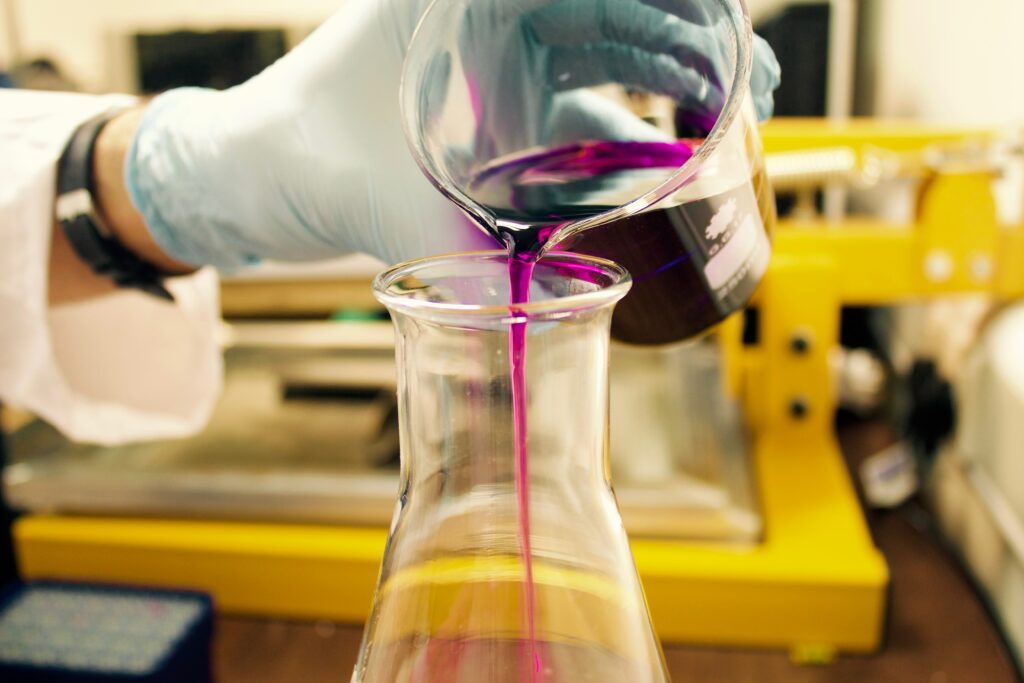
Chemical kinetics is the part of chemistry that studies the speed or speed with which chemical reactions take place, and refers to the variation of the concentrations of reactants and products with time.
For a chemical reaction to take place, not only does it need to be thermodynamically favored, but it also needs to occur at a sufficient speed. For example, the combustion of the phosphorus in a match is a rapid phenomenon, but the phosphorus remains in contact with the oxygen in the air without being altered, unless the heat of the rubbing initiates the process.

In some cases, it is of interest to speed up chemical reactions, such as in industrial manufacturing processes, while on other occasions, it is of interest to slow down processes, such as in food preservation. Chemical kinetics studies the speed at which chemical reactions occur, the factors that determine it, the laws that govern them and theories that explain them.
The goal of chemical kinetics is to measure the rate of chemical reactions and to find equations that relate the rate of a reaction. Experimentally, the speed of a reaction can be described from the concentration(s), the species involved in the reaction and a constant, however this can depend on numerous factors (the solvent used, the use of catalysts, phenomena transport, reactor material, etc.), making the process of determining reaction rates very complex.
Let’s check out the next experiment and see how chemical kinetics works!
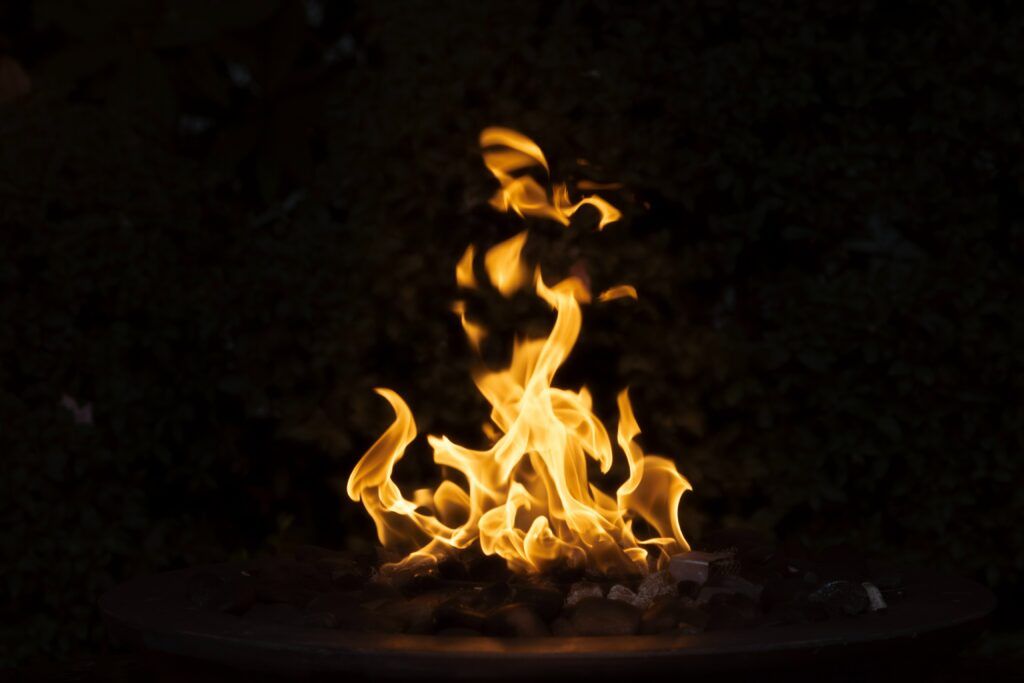
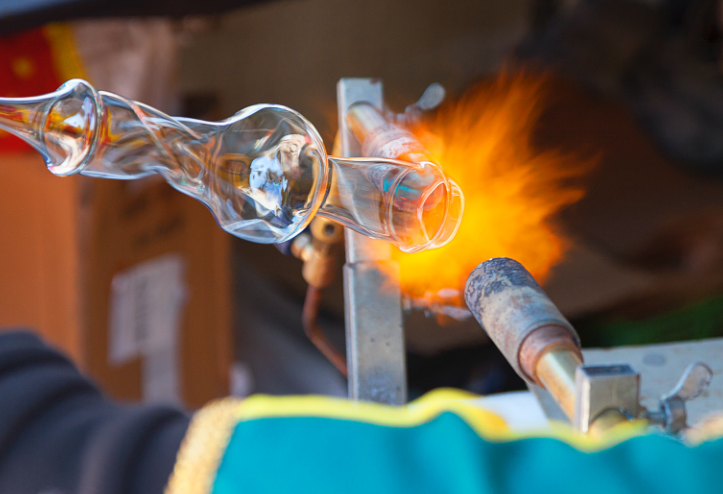
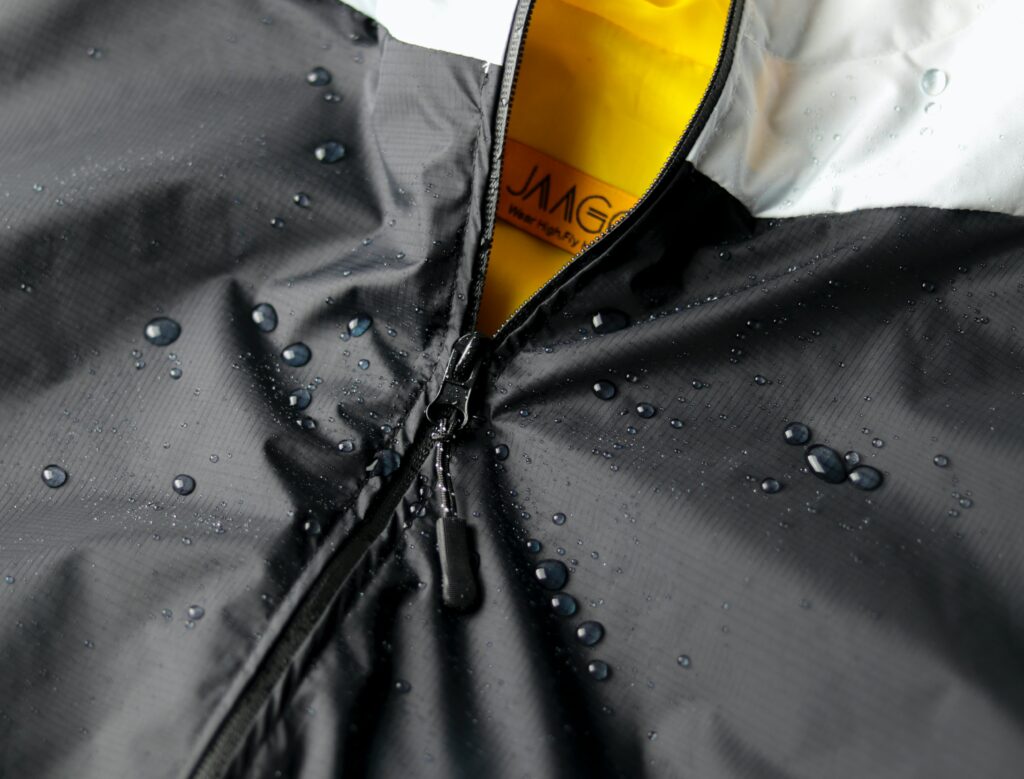
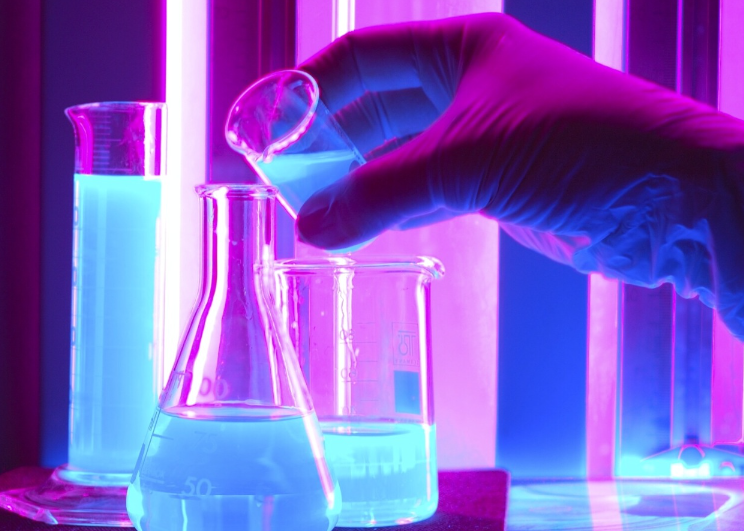
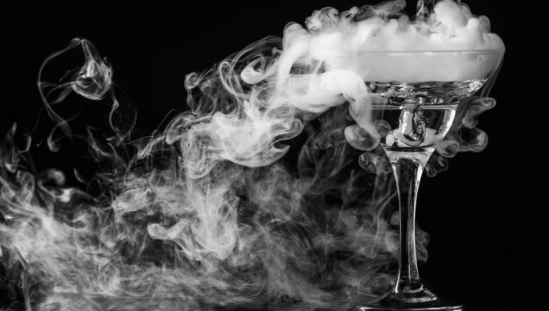
Responses